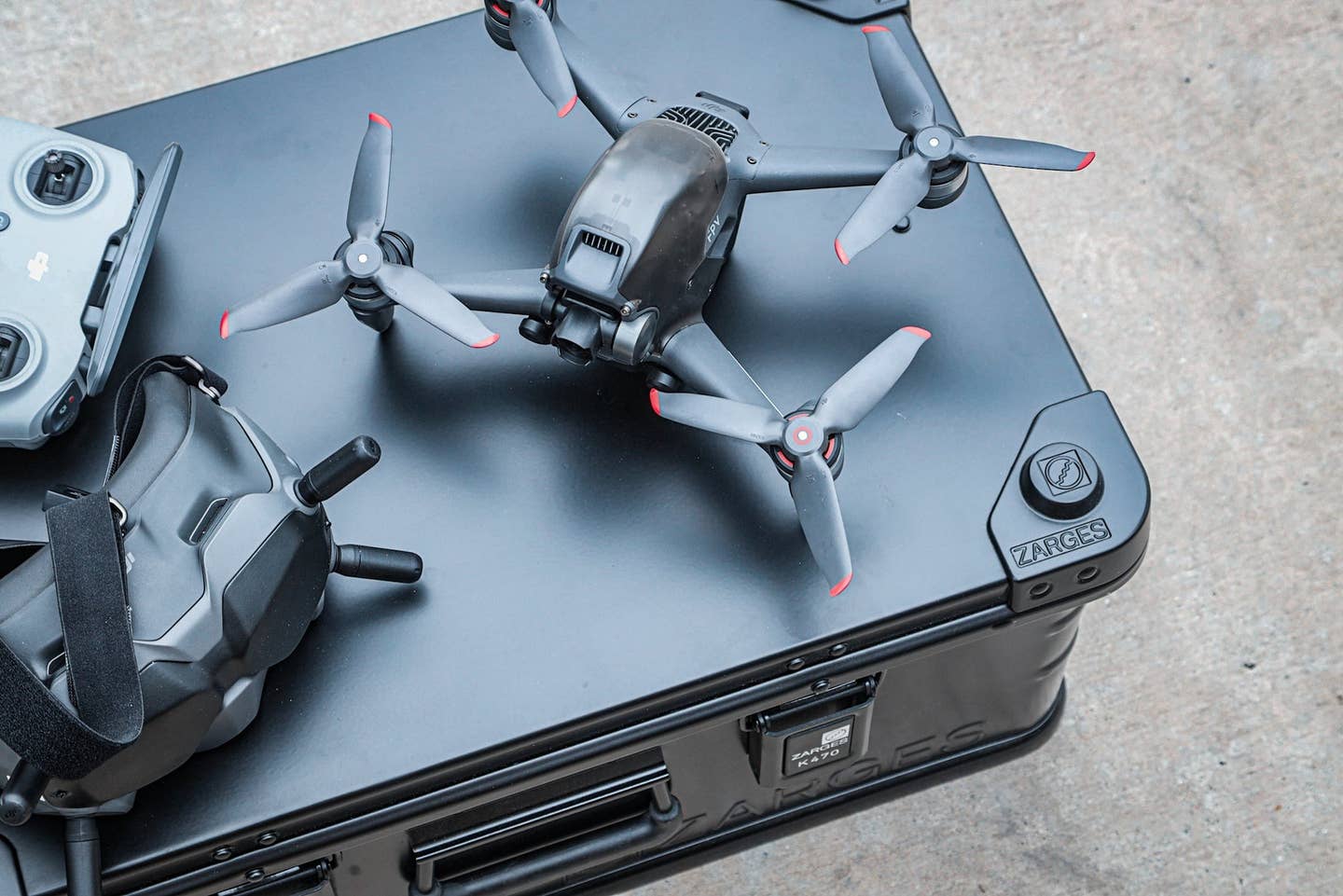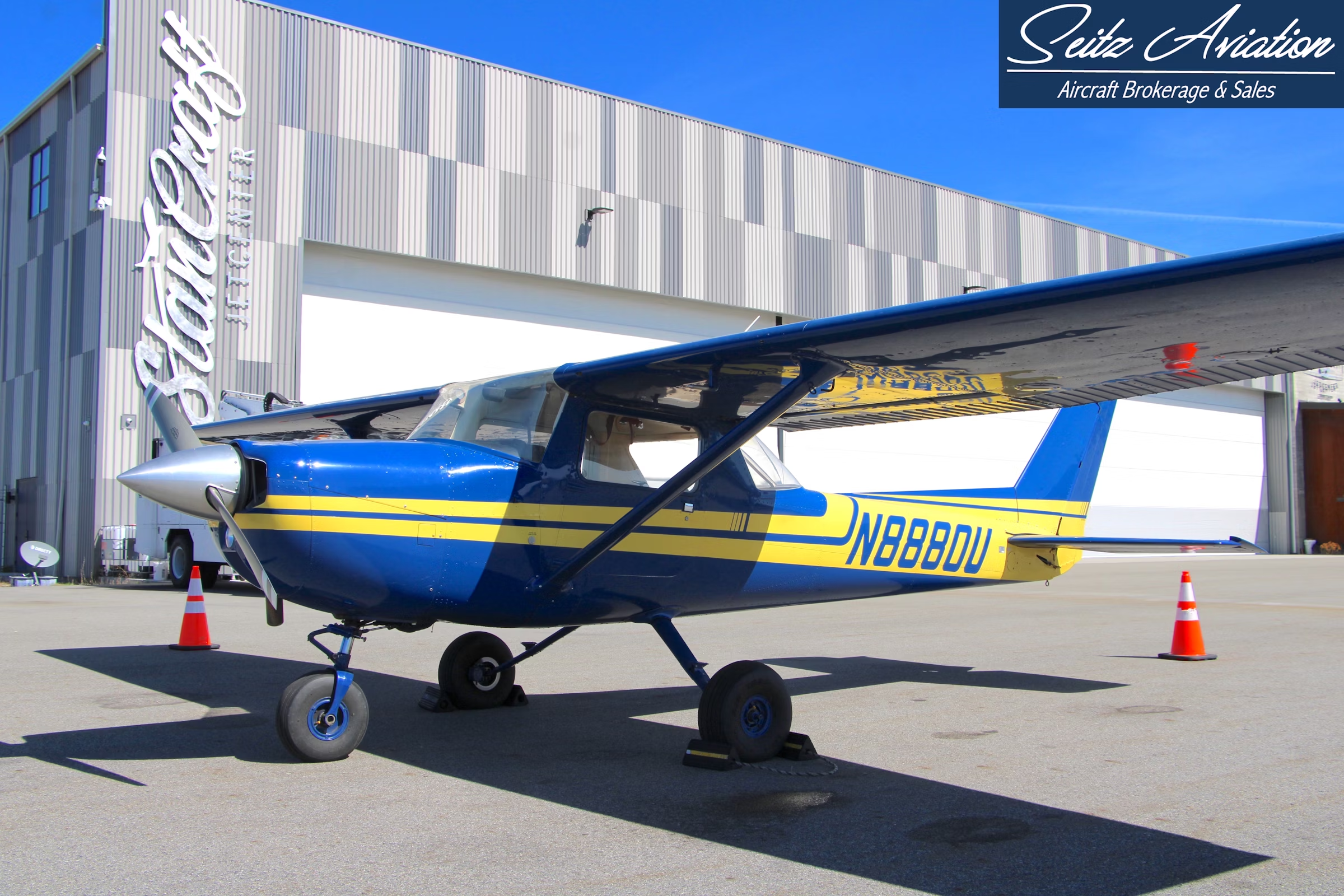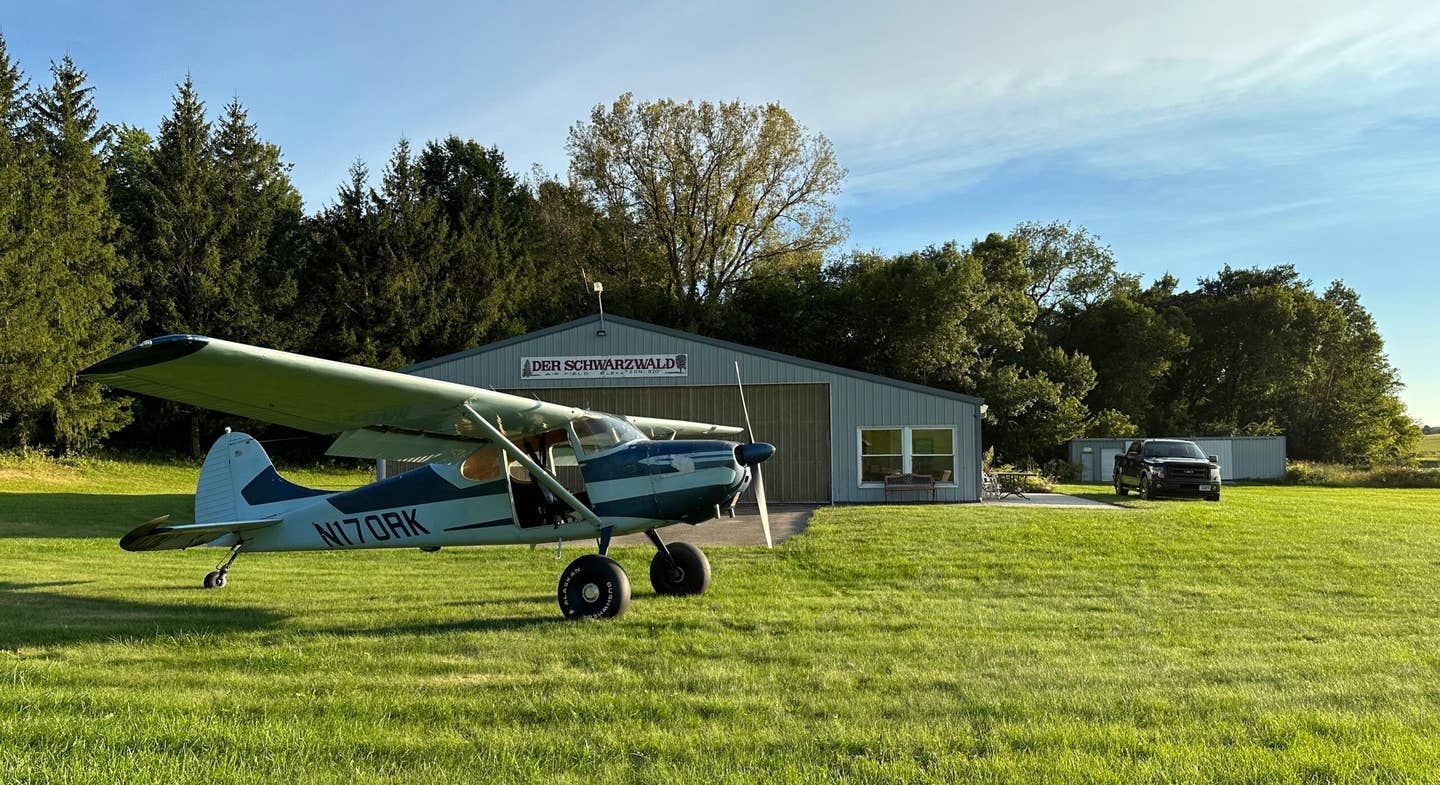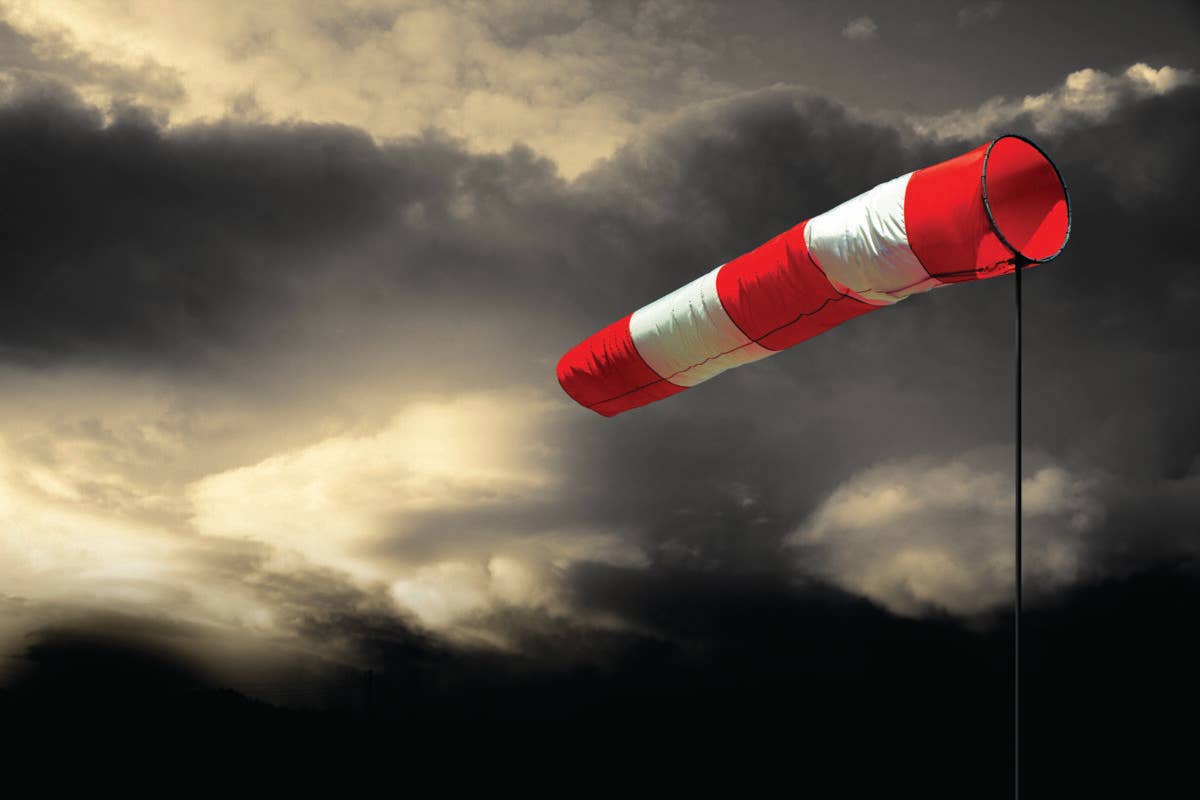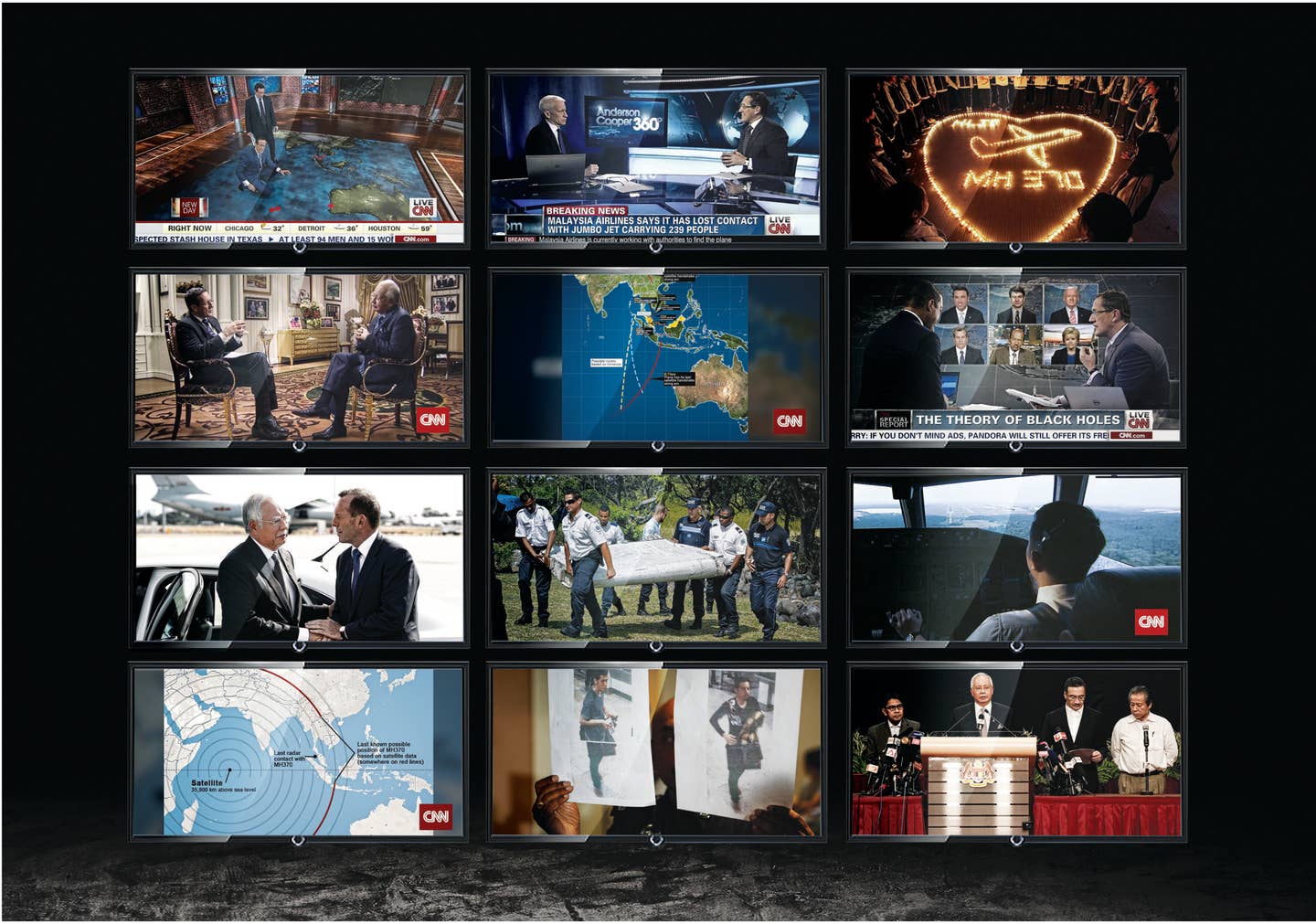
CNN reported and analyzed every development in the MH370 mystery during its nonstop coverage of the disappearance. Composite Image: AP Images/Imagine China, Lucas Marie, Paul Kane, Pool; CNN; Getty Images
The following is excerpted from The Vanishing of Flight MH370 by Richard Quest, Berkley Publishing.
Malaysia Airlines Flight MH370 — with 239 people aboard — departed from Kuala Lumpur during the late evening of March 7, 2014, bound for Beijing, China, and has never been seen since. Despite the largest aviation search in history, virtually nothing was found of the aircraft in the wake of its disappearance. Sixteen months later, thousands of miles from the flight’s path, a piece of an airplane’s wing washed ashore on Reunion Island. Still, this bit of evidence and a flimsy trail of electronic satellite data are all we have to go on — plus a huge amount of speculation and confusion.
Sixteen days before MH370’s disappearance, I met and flew with the airplane’s first officer, Fariq Hamid, filming him for a segment on CNN. Immediately after the story of the airplane’s vanishing broke, I found that a three-hour flight with someone I had met only once, more than two weeks prior, had now taken on a new importance, and everything about that trip was suddenly the focus of great attention. Conspiracy theorists had a field day. My Twitter account was inundated with comments suggesting that somehow CNN and I had known “something was going to happen” or that we perhaps knew where the airplane was. (We didn’t, and we don’t.)
From the very first reports of an airplane going missing to the long weeks and months of searching, I covered almost every aspect of this story: from interviewing grief-stricken relatives; to interpreting and analyzing the sometimes illogical actions of the Malaysian authorities; to explaining then discounting the outlandish theories being put forward about what had happened, too often being the only voice willing to stand up to the disparaging, unfair comments about the crew.
I was very fortunate to be part of a team at CNN that covered this story like nothing we had seen before. Our reportage of MH370 was the first full-scale example of the policies put in place by CNN’s new CEO, Jeff Zucker. Jeff had said we should do fewer stories and hit them hard — “own them,” as he put it. MH370 took over our airwaves for weeks. Everyone knew this was an experiment for CNN, trying a different way of covering major stories. Would it work? Senior staff would sometimes question the policy while expressing full fealty with it in public. Perhaps this wouldn’t matter at another network. But CNN is the most-watched news network in the world. Everyone had a view on how we covered the airplane.
CNN, like all networks, employs analysts who bring their expertise to a broadcast when it is necessary. They are not staff journalists or correspondents involved in the hour-by-hour coverage, but they are expected to give instant analysis in their special area of knowledge. Before MH370, we didn’t really retain aviation analysts; instead, we would just call up a range of experts we had regularly interviewed in the past and put them on the air. With the demands of MH370, this was not sufficient. We had to sign up several analysts to share the load of broadcasting, and pretty soon had an entire cadre of CNN aviation analysts broadcasting on the network.
Some I had worked with before and interviewed many times. Mary Schiavo was a former inspector general at the Department of Transportation and always gave superb analysis. There were newcomers to the world of 24-hour television news, like David Soucie, a former federal aviation investigator, who has written his own book on MH370; and Les Abend, a 777 captain who, when not flying, swapped his left-hand cockpit seat for the studio. Both Soucie and Abend realized that they knew little about the workings of 24-hour news broadcasting and the responsibilities that go with it. Being consummate professionals in their own fields, they set about filling the gaps in their knowledge. It has been a privilege to work with them and others.
Our “resident analysts” would be supplemented by ad hoc aviation experts. Lots of them. Often it seemed the more the merrier. As the resident aviation correspondent, I was very much aware of this change. In the past there might be a reporter at the scene, followed by a live shot with myself. Now I often found myself in the studio with two, three, sometimes four experts in different disciplines chewing over the latest developments. It was a very different experience for me, and an engaging and constructive way of covering a story.
For me, dealing with so many pilots or pundits took a bit of settling into. I was used to being the aviation correspondent, and pretty much had the field to myself. Now there were experts everywhere. With so many world-class experts on tap whichever way the story went, we were always prepared to give specialist analysis on what a piece of breaking news meant.
We were at the center of coverage that attracted widespread comment, sometimes criticism, and often bewilderment about how the world’s No. 1 news network had become “all airplane, all the time.” How long we would keep up the intense level of coverage would depend on a host of factors. CNN always has a pressing interest in aviation stories, but the staying power of such stories largely depends on whether the airplane was flying to or from the U.S., the number of Americans involved, and whether or not the airplane was a U.S.-made Boeing. These factors make a story more relevant to a U.S. audience. At least that is the way I have seen these stories go before. I guessed the story would lead for several days and then drift down the program schedule.
The decisions of one man showed how wrong I could be.
In January 2013, 14 months before MH370 went missing, Jeff Zucker became the new president and CEO of CNN. He had been executive producer of NBC’s Today show, president of NBC Entertainment, and head of NBC Universal until it was taken over by Comcast. Now Phil Kent, CEO of Turner Broadcasting, and his boss, Jeff Bewkes, CEO of Time Warner (the parent companies of CNN), had given Zucker the job of turning CNN around. Everyone knew his No. 1 task was to restore the network’s U.S. ratings, which had fallen to disturbingly low levels. Zucker established his modus operandi almost immediately. He made it clear that the policy of “the news comes first” was still CNN’s mission. Even as he introduced expensive documentary series, he repeatedly said that covering the news was at the core of what we do at CNN. But there would be changes. No longer would we have a smorgasbord of stories, dipping in here and there. When there was a big story that resonated with viewers, CNN would dramatically ramp up coverage, or, as Zucker described it to me, “go all in on it.”
Watching CNN gearing up for such massive coverage was an impressive sight, even for someone who had been at the network for 13 years. With our marching orders clear, the deployments began.
To ensure the flow of information across CNN, almost as soon as the airplane went missing, an internal email alias was established under the name “*missingplane.” CNNers anywhere in the world could report developments quickly to anyone networkwide who had an interest in the story (the alias still exists, for any new details). Emails were flying around CNN with subjects like “Urgent — Search area expanded;" “Malaysia Airlines — Life rafts spotted?” and “Malaysia Latest — Iranian man purchased tickets for stolen passport holders.” When you looked at our shows, the difference in emphasis could be seen immediately. With previous crashes, CNN might have done five, 10 or 15 minutes per hour; now it was devoting most of its airtime to MH370.
We threw everything at it, and then tried to throw more. Everyone at CNN was involved. The results of all this coverage quickly showed up in the network’s ratings: Viewers turned to CNN in large numbers. Prime-time ratings just before the airplane went missing were 125 percent higher because of our MH370 coverage.
This increased coverage, especially given my special knowledge of Malaysia Airlines, meant I was working round the clock. Not that I minded. MH370 was the aviation story of a lifetime, and I would have been unhappy not to be part of it. The challenge for those of us who understood aviation stories was to make sure my colleagues had the necessary information and analysis to know where the story was headed, and we didn’t take too many wrong turns. Usually with an airplane crash, there are only a couple of us doing the coverage, so it’s pretty easy to help editors and producers differentiate between what is reasonable to broadcast and what is out of the ballpark. But with this story, all bets were off. Every show on every network was covering MH370 from wall to wall, and it soon became clear that the best I could hope to do was to make sure the network knew what we were thinking and to be available to give guidance on the intricacies.
Before long, CNN was in full war mode, dispatching large numbers of troops to cover the story. As we began focusing on the shortcomings of officialdom, we started to feel the wrath of the Malaysian government, which now believed we were being unfairly critical of its operation. Hishammuddin Hussein, who was doing the press briefings, had regularly been pulled apart by our experts and pundits. Now he started fighting back. When we reported that sources had told us the Malaysian air force had scrambled jets as the airplane flew across the country, Hishammuddin finally snapped and tweeted that the story was a “false allegation” and a “total fabrication,” telling reporters that “CNN is losing all credibility.”
It wasn't only the Malaysians who were taking note. It is a measure of how CNN is viewed that almost immediately the TV critics were commentating on our wall-to-wall coverage. It was just a matter of time before Jon Stewart's Daily Show laid into us, deriding our use of graphics and the extent of our coverage. Others chimed in: The former CNN talk-show host Larry King described our coverage as "absurd" and said he was glad he was no longer at the network. Erik Wemple, in the Washington Post, deplored what he saw, describing it as "very unsatisfying coverage." Whatever the critics may have thought, the viewers were watching in record numbers.
Far and away the biggest criticism we received came as a result of the “black hole” incident on March 19, 2014. I was with Don Lemon on CNN Special Report: The Mystery of Flight 370, answering viewer emails and tweets. It was the end of the hourlong show. I knew we were heading into dicey territory because I had already handled a viewer’s question about what role, if any, psychics could play in finding MH370. Then a questioner asked whether MH370 could have disappeared into a black hole.
Even before we came off-air, I knew the black hole was going to become a talking point. Sure enough, the critics had a field day. The Huffington Post said, "When you've dragged out the story so much that you're on to the purely fictional causes for what appears to be a monumental tragedy, it might be time to just stop and think for a second." The National Review called it "nonsense."
I asked Jeff Zucker about the question and criticisms.
“I think this has been blown out of proportion,” he told me. “If you go back and look at the tape, Don was just reacting to questions that were submitted from viewers. No one remembers that it was a viewer question or that Don dismissed it.”
As the weeks went by, CNN stayed with the story pretty much nonstop. The critics said it was never-ending, and feelings were starting to grow that it was now too much. Les Abend said, “As the fourth week approached, the backstage rumblings of overkill made its way into my head.” Some senior producers were also uneasy. The word I always got back was the viewers still had this amazing appetite for the story, and we were fully invested in covering it and would continue. But there were grumblings within the newsrooms. Senior editors would roll their eyes as another hour of “The Mystery of MH370” programming got under way. I am told that those at the top were aware of their views. If there was one person who is credited with driving this level of coverage for so long, it is Jeff Zucker. I asked Jeff directly whether we continued the depth of coverage for too long: “No. It’s a tremendous mystery. I get on an airplane all the time. I want to know what happened. There’s a lot of layers to this story, and as every day went by and it wasn’t solved, it became an even greater mystery, and so that is what I think made it a great story.”
To those critics who say CNN’s coverage of MH370 came at the expense of other important stories, such as the war and crisis in Ukraine, Jeff robustly answered: “We didn’t ignore the other major news story of the time that was going on, which was Ukraine. We gave more attention to Ukraine than anyone else. We had correspondents on the ground in Ukraine. Had we not been covering the airplane, I don’t think we would have given any more coverage to Ukraine. So I have no regrets.”
The network remains committed to the story and stands ready to ramp up coverage the moment there are further developments. When the flaperon was found on the African side of the Indian Ocean, we immediately dispatched correspondents and crews to Reunion Island. Such was our speed that we got there a few days ahead of Malaysia Airlines and most of the French authorities from Paris. Again, I was struck that the viewers’ appetite to know about MH370 developments had not gone away.
The critics may have gotten a kick out of poking fun at our coverage, but I am convinced that CNN and those of us involved will have the last word. The facts of this missing airplane are unique and worthy of breaking the broadcasting mold. There have been some incredible moments during the broadcasting, moments I had never experienced before and am unlikely to experience again. Frequently we would be on-air, usually late at night, on Anderson Cooper 360º or a Don Lemon CNN Special Report. We’d be wrapping up the events of the day when announcements would be made from Kuala Lumpur or Perth, where it was already the middle of the next day. David Gallo, David Soucie, Les Abend and I would then have to make sense of these developments, on live television. It is a testament to the willingness of CNN to do things differently, throw the running order out the window, and stay with our ruminations live on-air.
These moments were the antithesis of the era of prepackaged, formulaic news coverage. It was why 24-hour news had been invented. Here the viewer was being invited to see firsthand the process by which raw news is analyzed and brought into perspective. What I will always remember are the debates and discussions about what should be reported, and how we pushed the coverage into new areas of knowledge, ensuring that nothing was missed. I may never see such size and scale on a single story again in my career. That is, until they find the airplane, when you can be assured of one thing: CNN will be there.
© 2016 Richard Quest

Sign-up for newsletters & special offers!
Get the latest FLYING stories & special offers delivered directly to your inbox



